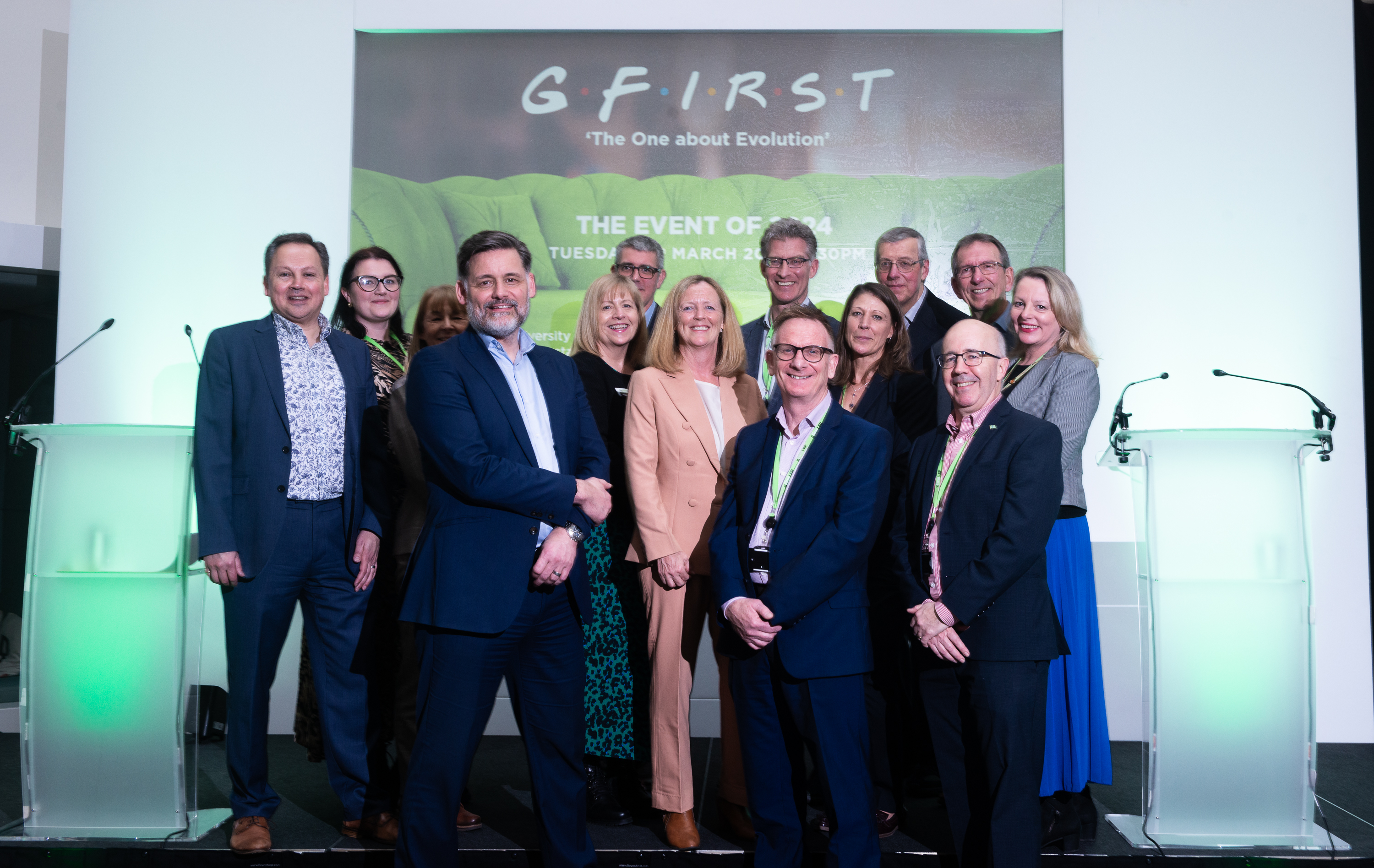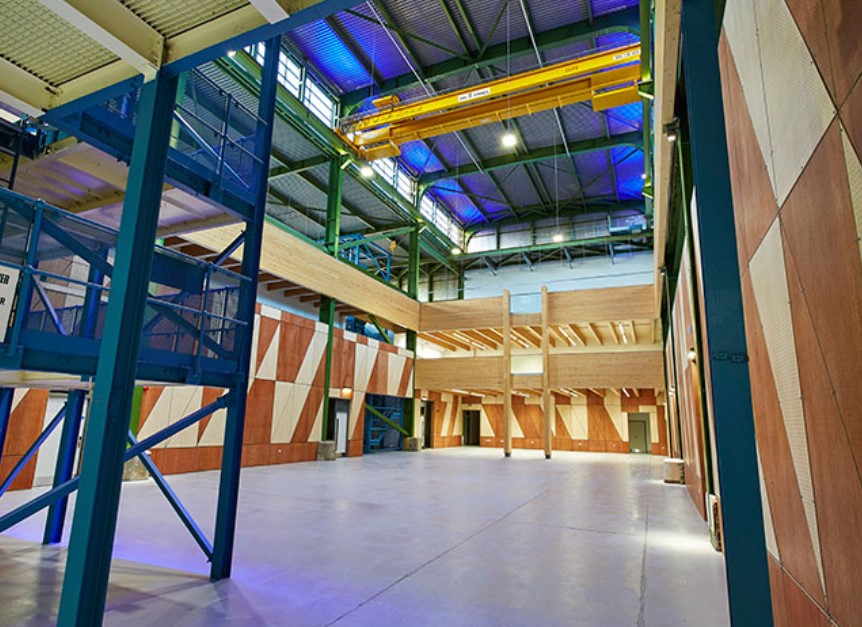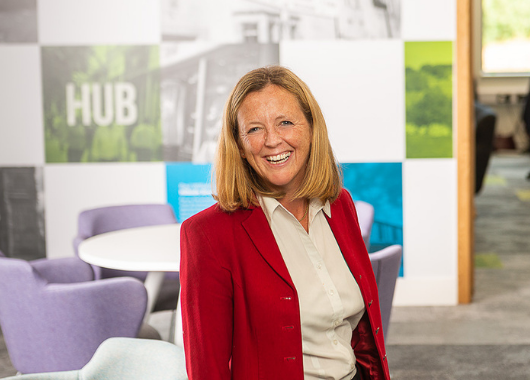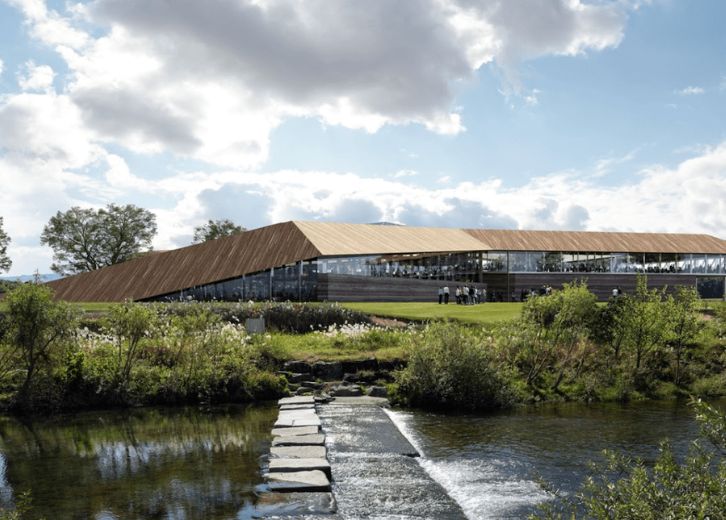general
GFirst LEP go for retail growth with BIS
Today, GFirst LEP were delighted to host a special meeting and visit for senior representatives from the Department for Business, Innovation & Skills (BIS) to understand more about the latest developments of how the retail toolkit is helping towns like Cirencester and how it can be used by other regions across the country to boost economic growth.
26 March 2014
Today, GFirst LEP were delighted to host a special meeting and visit for senior representatives from the Department for Business, Innovation & Skills (BIS) to understand more about the latest developments of how the retail toolkit is helping towns like Cirencester and how it can be used by other regions across the country to boost economic growth.
Appointed by the Government as the national Retail Pathfinder for the second year running to work proactively with the Government on a national basis, GFirst LEP and its Retail Sector group have been looking at ways to identify how retail growth can be supported at a local level.
Hosted by Dr Diane Savory OBE DL, Chair of GFirst LEP, the meeting allowed senior policy advisers from BIS for the retail sector and regional BIS representatives to learn more about how the toolkit is being currently used, the opportunities it presents for other towns and how LEPs can engage with each other to share best practice and developments. The meeting also included a tour of the main retail shopping areas in Gloucester led by Richard Rawlings, Centre Manager for Gloucester Quays and Councillor Paul James, leader of Gloucester City Council.
The group were particularly keen to understand how the LEP has been working closely with the Cirencester Community Development Trust (CCDT) and the Royal Agricultural University (RAU) to look at making the town even more attractive and vibrant. With significant help from undergraduates, master students and academics from the RAU, a study was conducted to collect feedback and ideas to inform recommendations, particularly to exploit the strengths of the town. he feedback collated by the students will help create a full activity plan that will be developed by the end of April 2014. CCDT will also develop a full case study of lessons learned from their experience of using the toolkit, which will be shared with other towns in Gloucestershire and nationally.
Building on the success of the toolkit, the Retail Sector Group now plan to investigate ways of how technology can support retail growth, stimulate retail entrepreneurship and start-ups and identify ways to promote greater exporting for the sector across the county.
Dr Diane Savory OBE DL, Chair, GFirst LEP said: “We are thrilled to share the success story of the Retail Toolkit with the BIS representatives and for them to understand how the toolkit is being used for the economic benefit of Cirencester , and our plans to roll it out to the rest of Gloucestershire and other town teams across the country.
We developed the toolkit last year, following the Mary Portas review about the health of Britain’s high streets and we were delighted that Cirencester is already making great strides to identify a positive action plan in how it can make the town even more attractive for local businesses, shoppers, retailers and investment to create local jobs and wealth.
I think it is important that LEPs work more closely together to share insights and best practices to boost economic growth and I hope that this exercise will see other towns across the country benefitting from the same exercise.”
For more information about the Retail Toolkit which is free to use, please click here.






